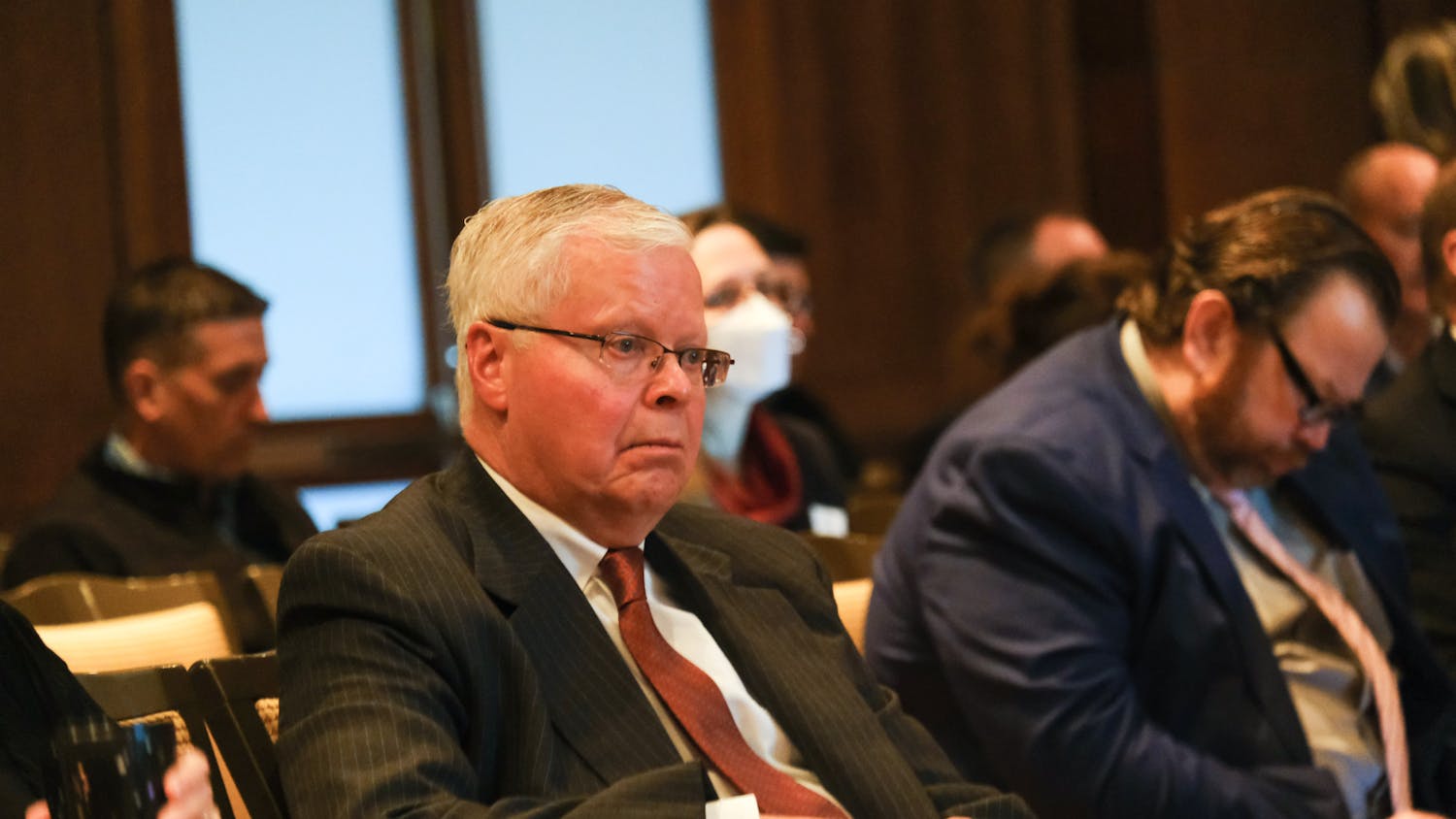With statewide redistricting currently locked in a battle between the governor and state Legislature, Wisconsinites will have a chance to vote to bring fairness to the redistricting process at a local level.
In an op-ed for the Wisconsin State Journal, Jay Heck, Executive Director of Common Cause Wisconsin, wrote how under the current partisan process, legislative leaders let the map makers do their own bidding — making maps that maximize their “self interest.”
Under Wisconsin law, the boundaries for congressional and state legislative districts are drawn by the legislature, with the governor having veto power.
In 2011, a Republican-controlled Legislature and governorship drew secret maps with the help of outside lawyers — at taxpayers’ expense — to gain and maintain partisan advantages in the state.
Gov. Tony Evers has taken a harsh stance against this type of partisan redistricting plan, and polls revealed a majority of Wisconsinites agree.
According to a poll from the Marquette Law School, 72 percent of Wisconsin residents are in support of impartial redistricting in the state, with 63 percent of Republicans also in favor.
Last month, Evers signed an executive order to create The People’s Map Commission, which aims to redistrict Wisconsin in a nonpartisan way. The commission will include lawmakers as opposed to lobbyists and elected officials.
“The people should choose their elected officials, not the other way around,” Evers said.
In response to this plan, state Republican leaders like Assembly Speaker Robin Vos, R-Rochester, and State Senate Majority Leader Scott Fitzgerald, R-Juneau, expressed their disapproval, claiming Evers’ plan goes against the state’s Constitution.
"I think the governor just proposed something that's completely unconstitutional," Fitzgerald said. "It's still the responsibility of the Legislature to draw the maps every 10 years based on the census.”
Both leaders have stressed the Evers’ model is possibly illegal, which Heck argued “misrepresented the truth” to Wisconsin voters.
Heck also said during the statewide election on April 7, voters in nine Wisconsin counties — Marquette, Milwaukee, Monroe, Pierce, Portage, Rock, St. Croix, Trempealeau and Wood — and 14 other municipalities can vote on referendums for fair voting maps.
In his piece, he urged voters to contact Vos and Fitzgerald to support nonpartisan maps in their local districts, to show the public “should pick their elected representatives, rather than the politicians picking which voters they get to represent.”
With the likelihood this issue will end up in the court, the maps created by Evers’ nonpartisan Commission could be more convincing if the public also has shown support for unbiased redistricting.
“The people who work in this building, who sit in these seats, and who drive the policies for our state, should not be able to ignore the people who sent us here.” Evers said during his State of the State address. “The will of the people is the law of the land and, by golly, the people should not take no for an answer.”
Features editor






